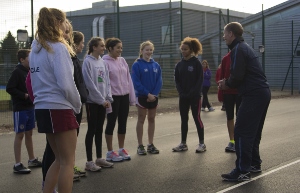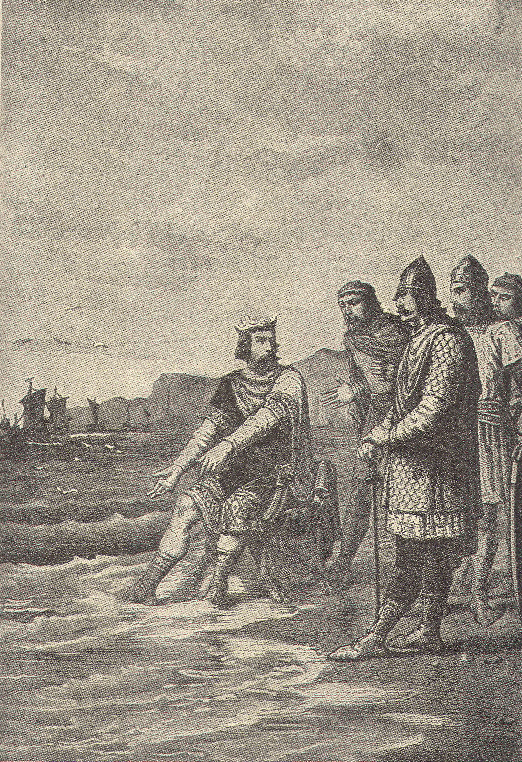Improve your coaching through storytelling.
Ever wondered why you aren’t getting through to your athletes or peers? You have listed the references, provided the data, and shown a few charts, just like your undergraduate lecturers told you to. They would be proud.
Professor Bill McGuire, of UCL, said this,
‘Scientific papers, however well-written, rarely carry the emotional weight of a good story. Stories have been the prime means of imparting knowledge and warnings throughout human history. Even in today’s data-rich world, they hold a visceral clout that no amount of graphs, charts or figures can replace.’ (New Scientist #3372).
And there aren’t many well-written scientific papers!
Do you doubt this? Think of The Bible: it’s full of stories and parables that stand the test of time (I’m not a Christian but I can remember a lot of the stories).
Will anything you say and do stick in the memories of the people you are trying to influence as much as the tale of The Good Samaritan?
Chief Storyteller
Sweden doesn’t think so. Its Viable Cities project has hired Per Grankvist to help influence the population to become Carbon-Neutral by 2030.
His job title? Chief Storyteller.
‘When it comes to climate change, storytelling is much more important than the transmission of facts. Just bombarding people with facts doesn’t work, and neither does shaming people.’ (The Big Issue #1498).
Grankvist writes stories that show how people might be living in 2030. Boring people, doing boring things, just like me and you. It’s a human touch that we can relate to.
Every coaching course that I have ever attended has stressed the importance of communication. But they seem to talk about different forms of transmitting data, rather than the nuts and bolts of whether the athletes receive, understand and then desire to change.
Storytelling with your athletes
I don’t gather up the young gymnasts that I coach, sit them around the fireplace and read them a story of Hercules or The Great Gama.
I do use examples of how people have overcome obstacles and how they managed to change and learn a new skill.
In our club Instagram posts, I try to share who the people are in the videos and a little of their background. We emphasise that these aren’t superhumans, they are ordinary Joes and Janes trying to do extraordinary things.
In our club newsletters, I share a longer piece at the beginning of each month, an idea that I took from Arnold Schwarzenegger’s excellent newsletter. The theme is always the same: our club was set up to help young people develop over the long term. We are there to support and encourage them on their journey rather than win this Saturday.
Parents are living day to day, week to week, crawling towards the school holidays when they have to then juggle childcare. They don’t need facts about thousands of hours of training and periodised training plans (who does?).
But, seeing a child, or an adult just like them, and hearing their stories, might help influence them.
I am like King Canute, fighting against the tide of step-counting, early-specialisation, bodybuilding, fad-diets and mindless jogging that is endemic in our society, And that’s just the p.e. teachers!
So, telling stories helps explain what we do and why.
What stories can help explain what you do? Think Flash Fiction rather than Tolstoy.
Be succinct, omit unnecessary words, and be genuine.
The stories are there to help your athletes, not to impress your peers on social media.
Here’s an example of me using storytelling to introduce a healthy eating plan for athletes.




A powerful and useful reminder.
Thanks, Mark.